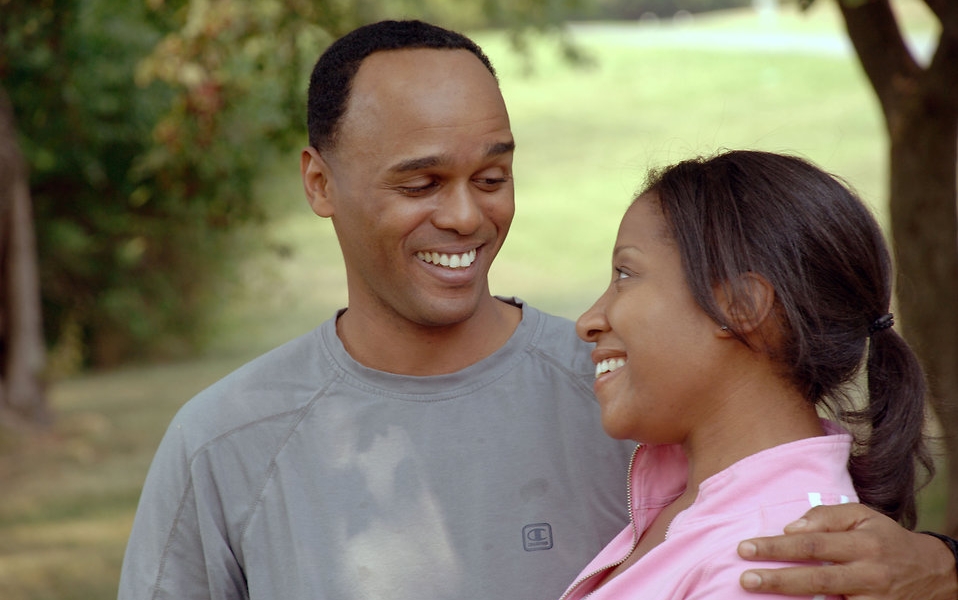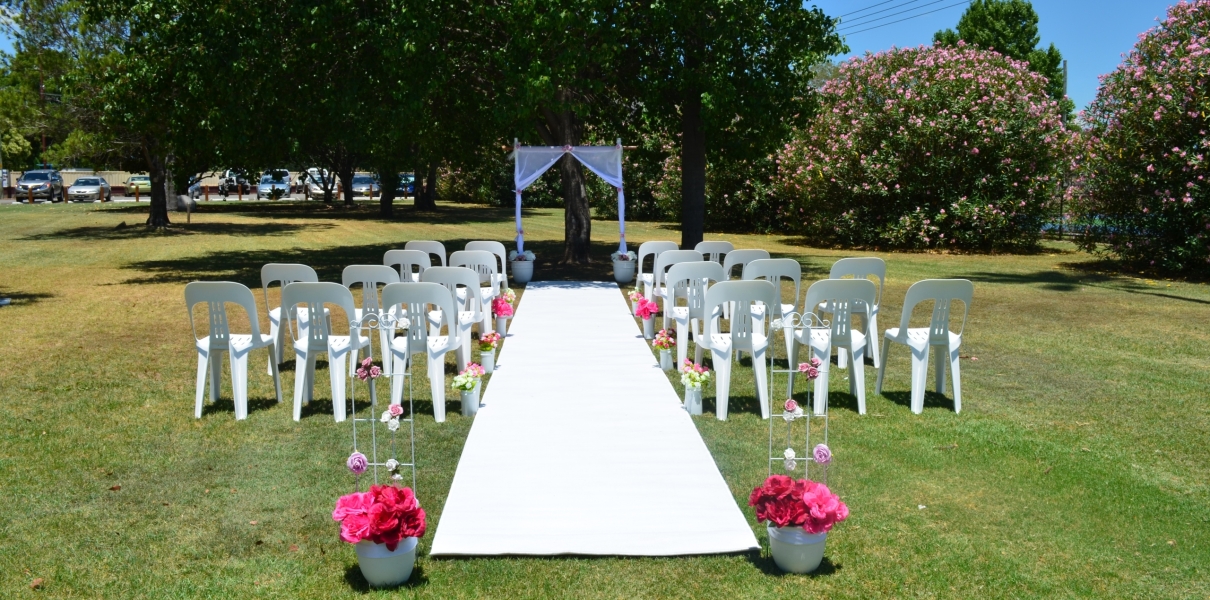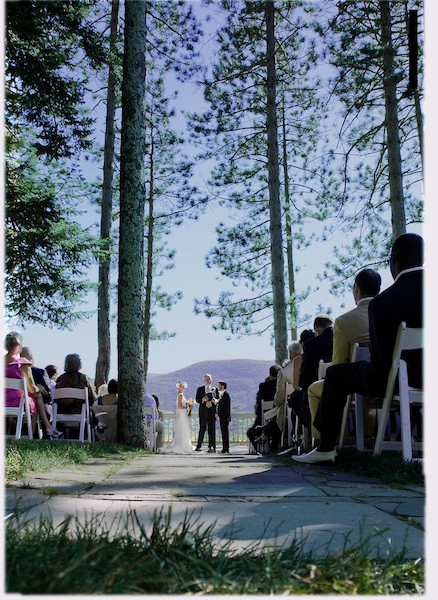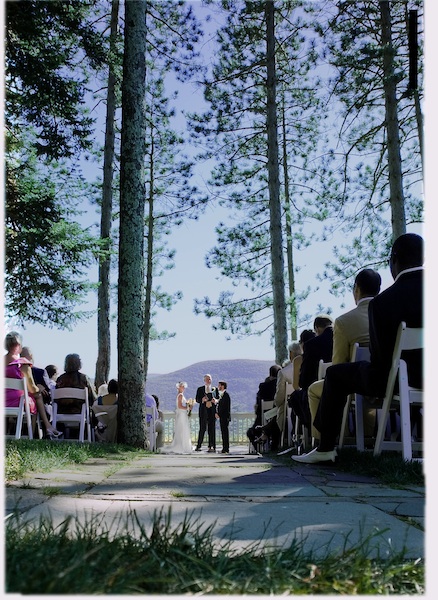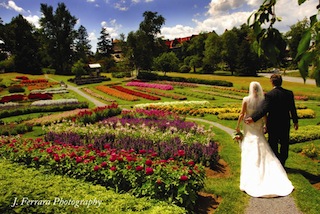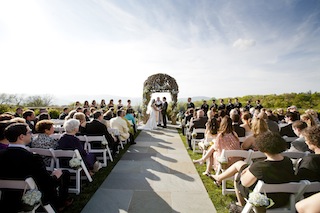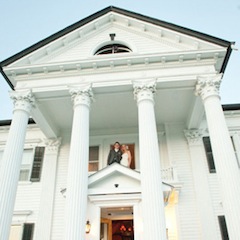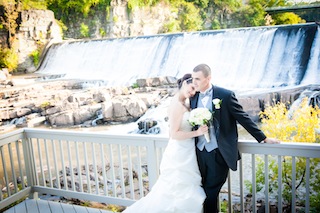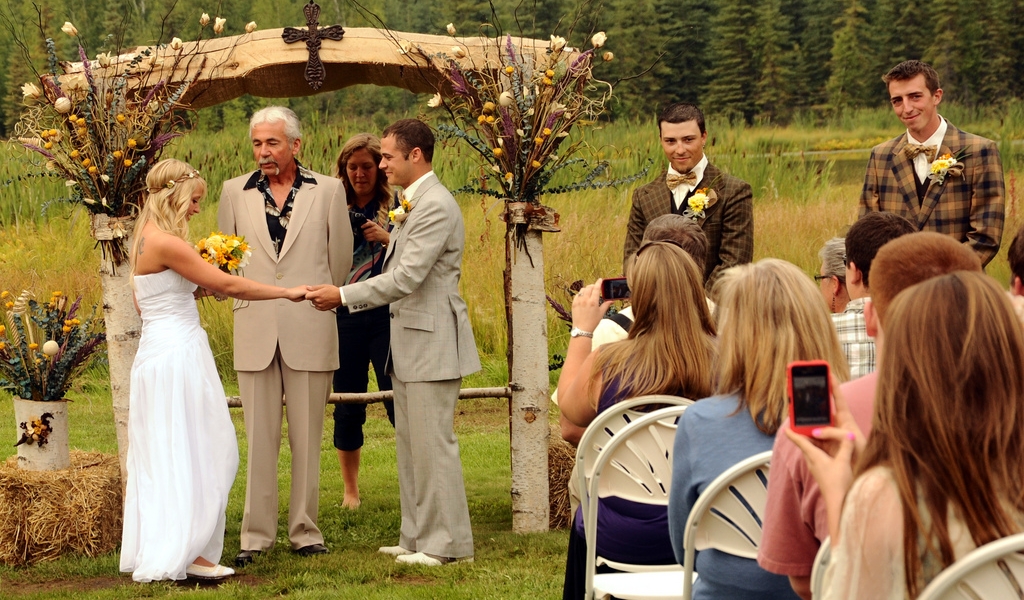When the promises of a bride and groom are made in the bubble of romantic love, yet untested by life, there is naiveté and ignorance about what life can bring. As a minister who marries many couples, I have come to accept that life will have its way with each couple. They will be tested by the tides of life, by chance and circumstance, by the routines of daily living, and by the full cycle of the seasons of life. While they may think they are entering their marriage with the knowledge that together they will face life’s sorrow no less than its sweetness, there is usually an accompanying and typically unspoken belief that “it will be different for us because we love each other so much.”
Marriage isn’t really about the two united against the world, but rather the two individuals in a world full of mental, emotional, physical, and spiritual challenges and surprises. Their challenge is to figure out how to sustain their love, while honoring and cherishing themselves and each other through it all. Will they be able to fan the fire of their love enough to make their love more important to them than anything else that challenges them along the way?
I deeply believe that there is nothing more important than loving one another. However, love must be matured, tested, deepened, and strengthened by the trials and triumphs of life. The challenge is, how do I accept the fact that we will both disappoint ourselves and each other? How do I love you when I don’t like how you are behaving? How do I love you when you hurt me, disappoint me, betray me or turn against me? How do I love myself when I am the one who falls short of my own beliefs and values? How do I know if I need to leave my marriage?
Even the best of marriages can end. For some, this is the loss of an oasis in the world and it’s hard to let go of that, although when you are thinking of leaving your oasis has probably long since become a battleground. I’ve known many couples who met in their youth and became each other’s safe place in the world to run to from abuse or other challenges at home (where they were supposed to be safe). Thinking they would be safe together forever, they often find themselves unable to comprehend or accept the adult scars of their partner’s childhood traumas or how their respective needs change over time.
I think we would all have a better chance at creating a successful marriage if we first learned how to love ourselves rather than looking for someone else to love us instead. The two are not mutually exclusive, but the quality of our ability to love another is directly proportionate to how well we have learned to love ourselves. Wouldn’t it be interesting if we were required to pass a certification program in self respect and self love before we could qualify for a marriage license?
Regardless of whether a couple decides to move forward together or separately, it is important to recognize that relationships are wonderful teachers. When things get rough, we often polarize against our partner, blaming and judging them for whatever has occurred. We forget that it takes two to tango and sometimes we are simply disowning our own dark side by projecting it onto our partner and then rejecting them for it.
Remember that the real world we live in together is not utopia. That’s why marriage vows ask us to love, honor, and cherish each other for richer or poorer, in good times and bad, and in sickness and in health. In other words, rather than making the other person wrong when life doesn’t go your way, consider building skills in loving yourself and each other through the challenges that come along.
Consider whether it is possible to sacrifice your judgments, expectations, and any other ways that you have learned to separate yourself from your partner. Unless your partner is physically, mentally, or emotionally abusive, you should be willing to get some altitude above the situation and look at what each of you is doing that is creating the problem. Communicate honestly about what you are experiencing without making your partner wrong. Don’t pretend that you are helpless and hopeless, living at the effect of your partner’s attitude and behavior. Participate fully in your life and hold yourself accountable for your actions and reactions as well.
When two people are simply unable to sustain their love for each other and are unwilling to spend the remainder of their life in what is left of their relationship, then divorce becomes a way to set each other free. In the best of divorces, partners are able to say goodbye and sincerely wish each other well, taking with them fond memories and valuable life lessons.
If you have ever been through a divorce, you probably know that place in your consciousness that becomes unsure of how to ever trust your own judgment again. “I chose this person. I loved this person. I really thought we would spend the rest of our lives together being loving and kind and supportive to each other. Now, we can’t stand the sight of each other and are trying to get more than our share in a divorce settlement.” What really happens to people like this? While not all divorces end in animosity, too many do. There are also marriages that, for a variety of reasons, are better terminated.
For some couples, leaving is never an option. If it is, then even your dearest confidant cannot and should not tell you to leave your marriage. You and your partner made sacred vows to each other. Only you know if you cannot or will not honor that vow going forward. It is a deep personal decision; look only into your own heart to find the answer. Beyond anger, beyond fear there is a part of you that simply knows.
If you would like to know more about me and my work, please explore my website here.
Also, if you know anyone who might get value from this article please email or retweet it or share it on Facebook.

